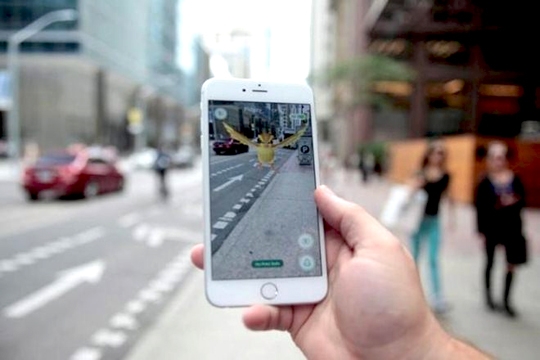Los Angeles, Aug 3: A couple has been arrested in the US for abandoning their two-year-old son alone at home while they drove around playing the widely popular location-based augmented reality game Pokemon Go.
Brent Daley, 27, and Brianne Daley, 25, left their 2-year-old boy at San Tan Valley home in Arizona for 90 minutes in scorching heat without water while they played Pokemon Go in surrounding neighbourhoods.
The couple was charged with child neglect and endangerment after they abandoned their toddler to play Pokemon Go, the Pinal County Sheriff's Office said in a statement.
Police found the boy at 10:30 pm on Thursday after a neighbour dialed 911 and told authorities she found a child who appeared to have been abandoned.
When deputies got to the home, they say the boy was in the front yard trying to get in the front door of the home.
He was "screaming and crying (and) attempting to get into the residence," the statement said, adding that the boy was barefoot, red-faced and filthy.
In the home, deputies found a phone number for Brent Daley, so they called and told him his child had been abandoned.
Daley allegedly answered, then said, "Whatever", before hanging up, officials were quoted as saying by NBC News.
The couple eventually returned and admitted to driving around the area, stopping at parks and elsewhere while playing Pokemon Go, they said.
Sheriff Paul Babeu offered the alleged crime up as a cautionary tale, saying that what the couple had done was "beyond comprehension."
The incident comes amid a surge in incidents of people getting into trouble while playing Pokemon Go.
Last month, two Canadian teenaged brothers inadvertently crossed the US-Canada border while playing Pokemon Go, causing a rare international incident.
Cleveland Police issued a warning after a driver in Stourbridge, West Midlands, was fined for playing while driving.
In another incident in the US, someone drove into a police car while playing the game at the wheel.
A teenager was shot dead in Guatemala after being ambushed while playing the game with his cousin.






Comments
Add new comment